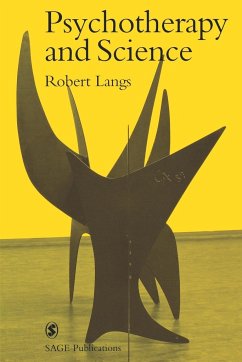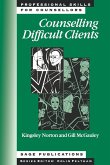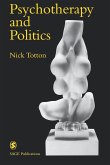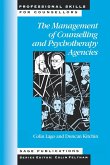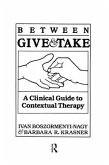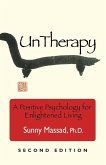`This book issues a challenge to anyone in the field of psychotherapy who is resigned to seeing psychotherapy as solely a service activity or an art or craft. Instead, Langs invites us to see that psychotherapy, clinical technique and practice may have intricate and fundamental conditions to the scientific laws of nature and the universe. This work will also be of value to those psychotherapists who are interested in asking research questions about the process and technique of psychotherapy. It is also a refreshing read in a postmodern era where the pursuit of validity and fundamental laws seems to have gone out of fashion' - New Therapist
Hinweis: Dieser Artikel kann nur an eine deutsche Lieferadresse ausgeliefert werden.
Hinweis: Dieser Artikel kann nur an eine deutsche Lieferadresse ausgeliefert werden.
`This book issues a challenge to anyone in the field of psychotherapy who is resigned to seeing psychotherapy as solely a service activity or an art or craft. Instead, Langs invites us to see that psychotherapy, clinical technique and practice may have intricate and fundamental conditions to the scientific laws of nature and the universe. This work will also be of value to those psychotherapists who are interested in asking research questions about the process and technique of psychotherapy. It is also a refreshing read in a post modern era where the pursuit of validity and fundamental laws seems to have gone out of fashion' - New Therapist

